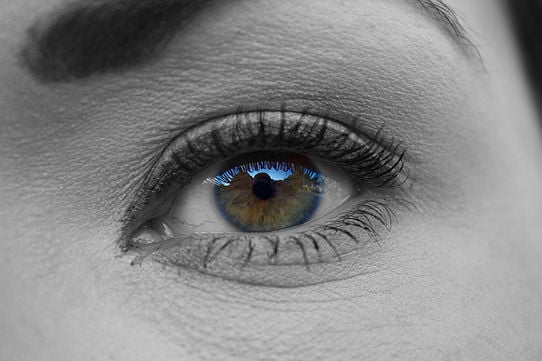
Wait, there’s such a thing as eye braces? Yes, but not those dreaded braces you put on your teeth as a kid; eye braces aren’t even noticeable and pose less risks than Lasik (laser eye surgery)! Eye braces can allow you clear vision everyday. But what kinds of people do they make the most sense for? The following categories of people are good candidates for eye braces:
-
Children: Kids have the most to gain from eye braces because they can slow down any need for glasses (myopia). Think of eye braces as a retainer- something you only have to wear at night that can reshape the front of your eye (cornea) and eliminate blurry vision. Eye doctors take extra precautions with performing surgeries on children’s eyes, so eye braces are a simple, temporary fix for kids.
-
Athletes: Eye braces can save athletes a lot of hassle. Athletes are constantly on and off the field (or court, rink, etc.) and cannot be encumbered by contact lenses falling out or causing discomfort. Since eye braces only need to be worn at night, they’re perfect for athletes who are active during the day.
-
Non-Surgical Candidates: Eye braces are simply hard contact lenses and can correct your vision without the risks of going through Lasik. Patients who are not candidates for Lasik can undergo this non-surgical therapy to be free of glasses and day-time contact lenses.
-
Allergy Sufferers: Some people are actually allergic to contact lenses. Patients who can no longer tolerate soft lenses during the day can benefit from nighttime eye braces.
These braces are completely reversible and do not have the long term side effects associated with Lasik. In 2004 the FDA approved eye braces, and ever since they’ve been gaining large popularity. Eye braces are most commonly used in Asian countries where near-sightedness (myopia) is much more prevalent. If you think you’re a good candidate, ask your eye doctor about how to get a pair.


